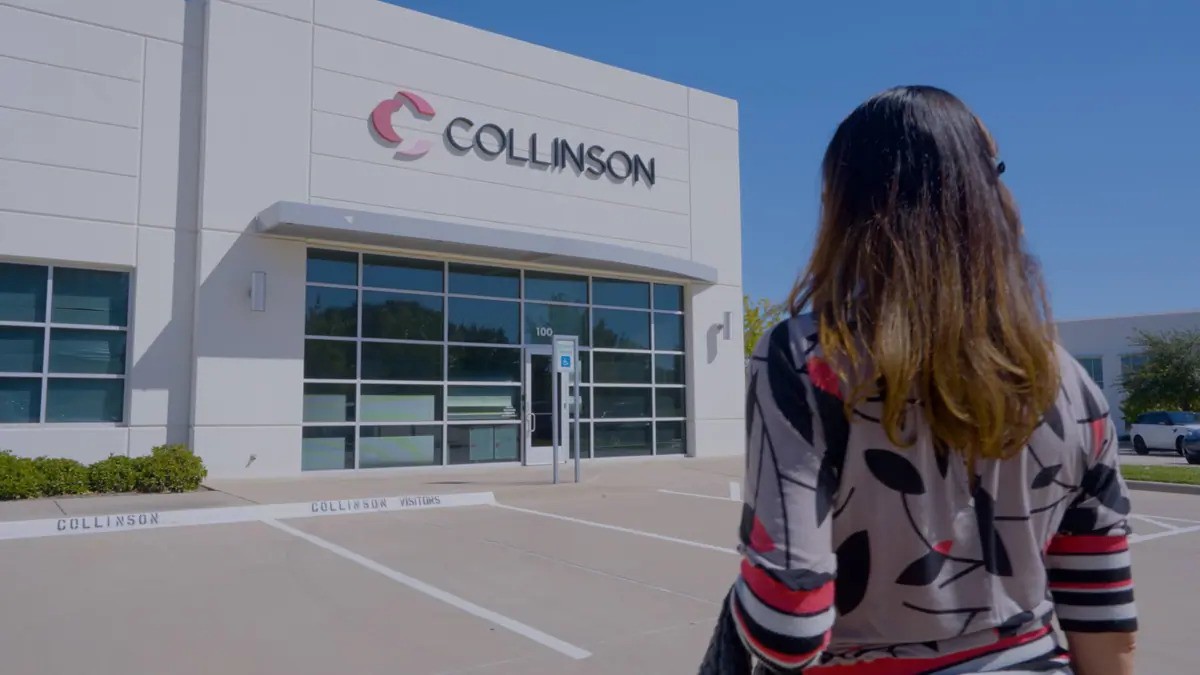Dubai, UAE: As 2025 unfolds, travel brands are facing a significant challenge: customer loyalty. Traditional rewards programmes, often based on points systems, struggle to meet the expectations of modern travelers who increasingly value personalised experiences over generic incentives.
To stay competitive, brands must move away from price-based rewards like discounts, which can boost short-term sales but impact profitability and foster transactional relationships. Instead, focusing on personalised offers, exclusive experiences, and tiered memberships is key to fostering long-term customer loyalty. Research from Collinson International, a leader in travel loyalty benefits and customer engagement solutions, shows that these strategies drive higher engagement and better profitability.
Data reveals that 84% of consumers prioritise the rewards and benefits offered by payment cards or bank accounts over the reputation of the issuer. As airlines and other businesses adapt to these shifting preferences, it’s clear that the future of loyalty lies in flexibility and responsiveness. Brands that embrace this change will build trust and satisfaction with their customers.
In response, many companies are evolving their loyalty programs to offer customer-centric solutions. Collinson International, for example, continues to adapt to modern travellers’ needs by offering flexible experiences like Priority Pass, which provides access to over 1,700 airport lounges across 145 countries. This approach is proving successful, as 73% of customers, according to Salesforce, expect better personalisation, and 80% say the shopping experience is as important as the products themselves.
Flexibility is a key expectation for today’s consumers, with many wanting to redeem points for a variety of purchases, transfer points across partners, and earn additional rewards. According to Skift, 56% of brands now plan to introduce new ways to earn and redeem loyalty points, up from 47% in 2021 – indicating growing demand for versatile, customer-centric loyalty schemes.
As the loyalty landscape evolves, Collinson International remains at the forefront, offering innovative solutions that cater to travellers’ desire for personalised, adaptable experiences. By leveraging their network of reward and benefit partners and continuing to collaborate with leading technology partners, they ensure that customer satisfaction and loyalty are maintained.








